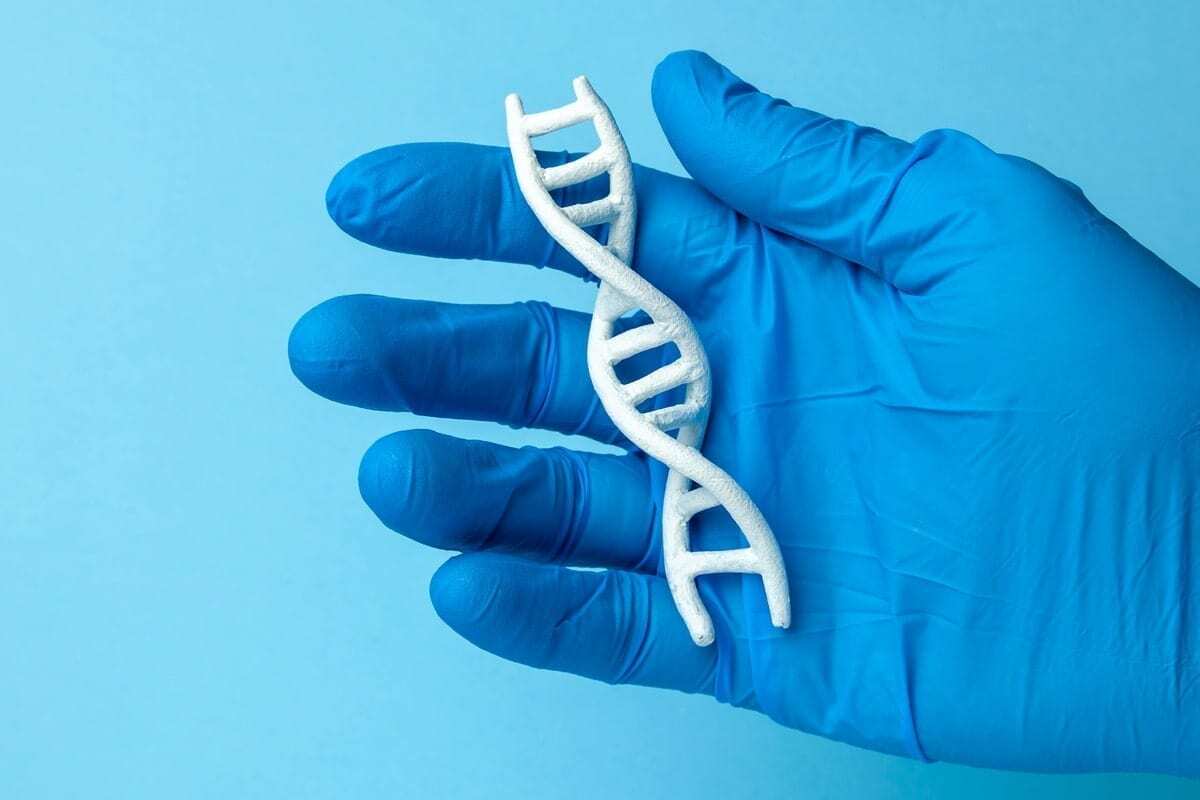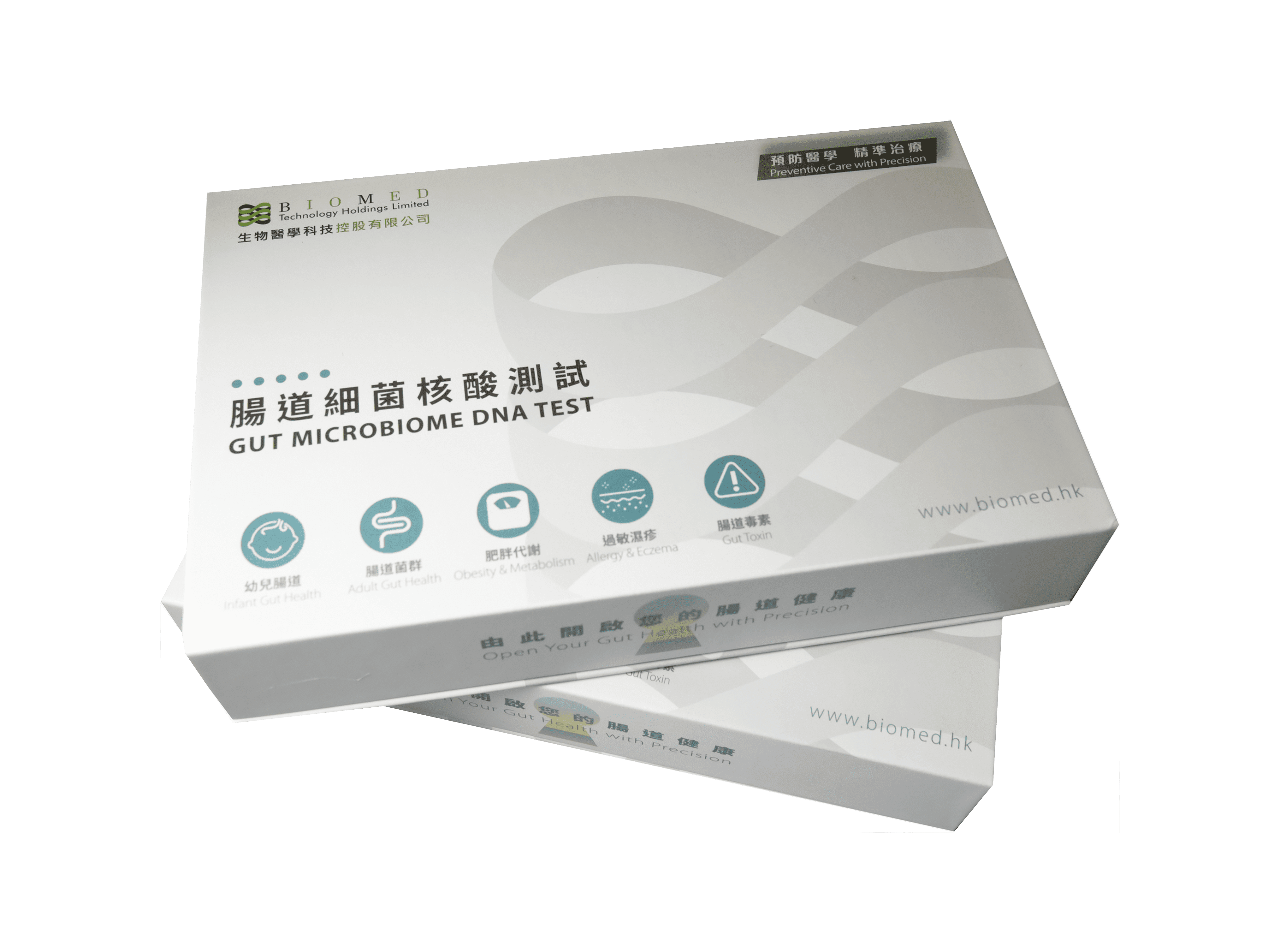Nowadays, technology is advancing with each passing day. Earlier in 2003, it cost more than US$3 billion to arrange the human genome map. It has developed into clinical research, and genetic testing can be performed at a reasonable price. Even the ordinary can afford genetic testing.
There have been many advertisements on the market claiming that genetic testing services can be performed at home, and many famous people have become spokespersons and shared their thoughts after experiencing it. Genetic testing has entered our lives without a doubt. Each person’s cells have a pair of genetic codes derived from their parents. Although human genetics are 99.5% identical, different people have different looks, personalities, and interests. In a study of identical twins, it was found that their genetics were completely identical, and it is undeniable that genes make them look alike. However, some genes that control such as weight, personality, and disease risk can be altered by the external environment. Therefore, most twins, even if they have the same appearance, will have different health conditions. In fact, the microbes in the body are also our indispensable genetic database. Not only are they more numerous than cells, at least a ratio of one to one, but the total number of microbial genes is a hundred times greater than that of cells.
In recent years, research reports have pointed out that microbial bacteria and the external environment affect various aspects of the healthy functioning of the body. Nowadays, the living standard of Hong Kong society is constantly improving. There are also problems of global environmental pollution, and the excessive use of antibiotics and pesticides in agriculture. These extrinsic factors can lead to a variety of chronic diseases, such as immune system disorders, obesity, diabetes, high blood pressure, and cancer. Therefore, through human genetic testing (whole exome/whole genome sequencing) and gut microbiome genetic testing (microbiome test), experts can extract data to study different recessive diseases.


